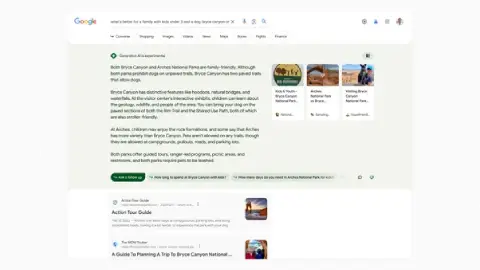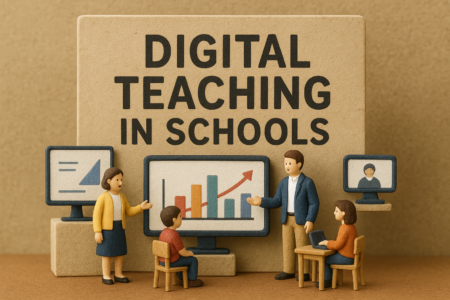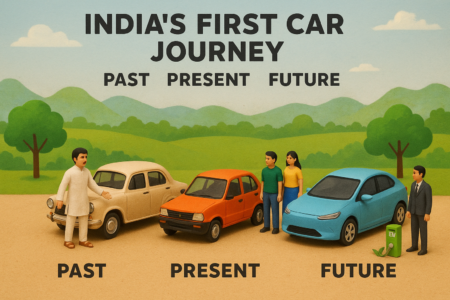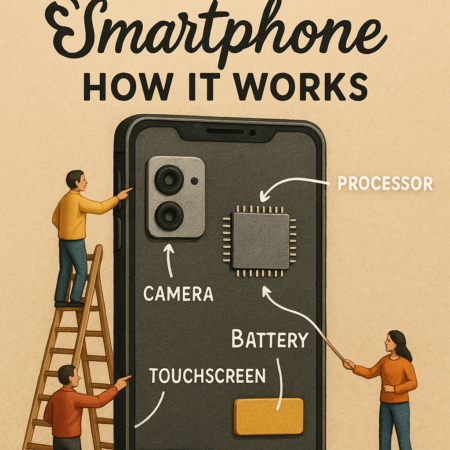To make AI a reality, Google is going cautiously and gradually. Perhaps some individuals move too cautiously and slowly. However, if you want to participate, a whole different search experience is waiting for you.

Liz Reid, Google’s VP of Search, opens her laptop and begins typing in the search bar to show how it works. She types and presses enter, asking, “Why is sourdough bread still so popular?” The typical Google search results appear nearly instantly. An orange rectangle above them flashes and pulses while displaying the words “Generative AI is experimental.” A few seconds later, the glowing is replaced by an AI-generated explanation, which includes a few phrases describing the benefits of sourdough’s prebiotic properties as well as how nice it tastes.
Three links that Reid claims “corroborate” the material in the summary are to the right.

Google refers to this as the “AI snapshot.” All of it was derived from the public internet using Google’s extensive language models. Reid then moves the mouse to the box’s top right corner and clicks a symbol Google’s designers refer to as “the bear claw,” which resembles a hamburger menu with a vertical line to the left. The bear claw opens a new view, where the AI snapshot is now broken up into sentences with connections to the information sources for each one. Reid emphasizes this once more: “This is corroboration.” And according to her, it’s essential to the distinctions in Google’s AI implementation.
Reid clicks again and launches another search after a little delay. The best Bluetooth speakers for the beach are what she looks for this time. Once more, regular search results are generated very instantly, and AI results are created a short time afterward. This time, the top of the page includes a brief explanation of the features you should look for in a speaker of this type, including battery life, water resistance, and sound quality. Off to the right are links to three buying guidelines, and below those are links to 12 nice products, each with an AI-generated synopsis next to it.
Reid responds, “Under $100,” as I have asked her to do. The snapshot is updated with fresh choices and new summaries.

The search results page on Google now looks like this. It’s colorful, AI-first, and unlike anything you’re used to. It is supported by some of Google’s most cutting-edge LLM research to date, including the Multitask Unified Model (MUM), which the company employs to comprehend various media kinds, and a new general-purpose model dubbed PaLM 2. It’s frequently really stunning in the demonstrations I’ve seen. Additionally, it alters how you’ll interact with search, particularly on mobile, where that AI snapshot frequently consumes all of the first pages of your results.
There are some restrictions: to view these AI snapshots, you must sign up for Search Generative Experience (abbreviated SGE), a brand-new tool that is a component of Search Labs. Because sensitive topics like health and money are now designed to completely avoid AI intervention, not all queries will result in an AI response. Instead, AI only emerges when Google’s algorithms deem it to be more valuable than conventional results. However, in my quick demonstrations and testing, it appeared whether I looked for Adele, chocolate chip cookies, local coffee shops, or the top 2022 films. The 10 blue links may not be getting killed by AI, but they are getting moved down the page.

SGE is an experiment, Google officials keep repeating to me. But they also make it plain that they believe it will fundamentally alter how people search over the long run. With the aid of AI, you may ask more insightful and comprehensive inquiries. It also provides a further layer of output that is intended to both respond to your inquiries and direct you toward new ones.
In comparison to Microsoft AI Bing revamp or ChatGPT’s complete novelty, Google’s opt-in box at the top of search results may seem like a little change. However, SGE essentially represents the start of a radical reassessment of how Google generates revenue and how billions of people obtain information online. These are as significant as pixels as they relate to the internet.







